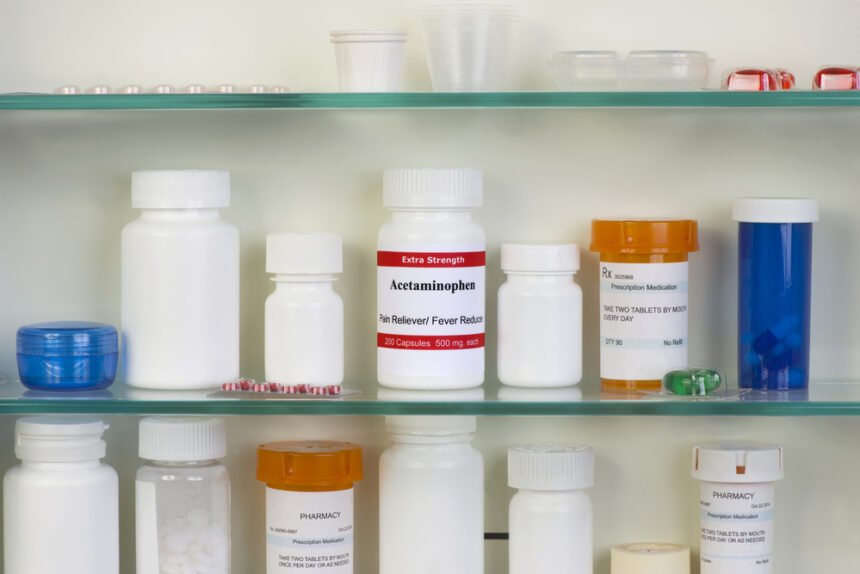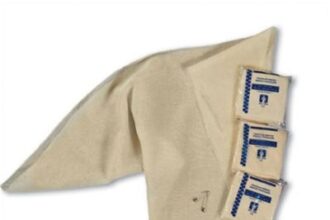Becoming a new parent can be as equally joyful as it is scary and stressful. A parent’s worst nightmare is not knowing what to do when their child gets sick. Running to the doctor or clinic isn’t always an option for parents, so being prepared and educated is a great way to ease fears and anxiety. There is no way to be completely prepared for the challenges that come with being a parent, but you can still be proactive in the ways that you prepare yourself and your home. The fact is that babies sometimes get sick. Fevers, rashes and small injuries can be taken care of right at home if you have the right supplies on hand. Along with Lifesaver education like a reputable CPR course for emergencies, your home medicine cabinet will need a makeover before you bring your baby home. With the right supplies on hand you can become a more confident and effective parent to your newborn. Your medicine cabinet should always be stocked with these essential items when you have a baby in your house. Digital Thermometer Although it may be uncomfortable for babies and parents, taking a baby’s temperature is most effective when done rectally. You can purchase an inner ear or rectal digital thermometer from your local pharmacy. Get your doctor’s recommendation if you aren’t sure about what brand to use. Always have alcohol wipes handy to cleanse your thermometer after each use. Infant Tylenol Fevers and toothache pain are pretty common issues that most parents face. If your child is under two years old, you will be very limited on the types of over the counter medications that are suitable to use. Infant Tylenol is specially formulated to be safe for use with infants under the age of 2. It’s a good idea to get a proper infant dosing chart from your pharmacist or pediatrician to make sure that you are giving the right amounts to your child. Medicine Dropper Most medicines for children are in liquid form. Children are unlikely to be able to safely swallow a tablet or pill so a liquid remedy makes sense for babies. To help you measure out doses and easily administer them, a medicine dropper will be needed. Nasal Aspirator Babies can become fussy when they are not able to breathe freely through their nose. They are not yet able to blow their nose on their own so they will rely on you to help them clear the airways. A bulb syringe or nasal aspirator can be used to help clear any nose blocked easily. Mist Vaporizer/ Humidifier If your baby is having breathing issues or is fighting congestion from a cold or flu, a mist vaporizer may help. Adding necessary moisture to the air can help your baby to breathe easier and relieve the symptoms of Croup and chronic coughing. Rehydration It’s very easy for a baby to become dehydrated, especially when they are fighting an infection or virus. Hydration is vital to a strong recovery. Always keep rehydration liquids like PediaLyte on hand in your medicine cabinet to keep your child on track when they are sick. Antibiotic Cream A good children’s antibiotic cream can be a lifesaver for parents. If you are dealing with diaper rash, small cuts and nicks or any type of rash, a topical antibiotic cream can help ease the discomfort and prevent further infection. Conclusion Keeping these baby basics on hand in your medicine cabinet can help you to deal with small emergencies with your baby like a pro. If any kind of sickness, fever or injury is beyond your skill or knowledge, never hesitate to take your child to the emergency room or after-hours clinic for further advice.






